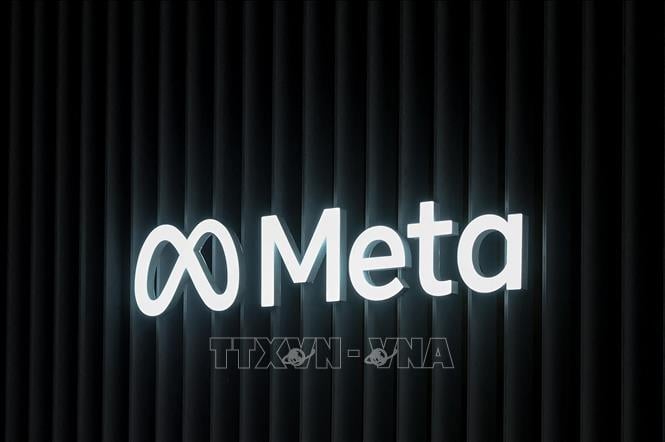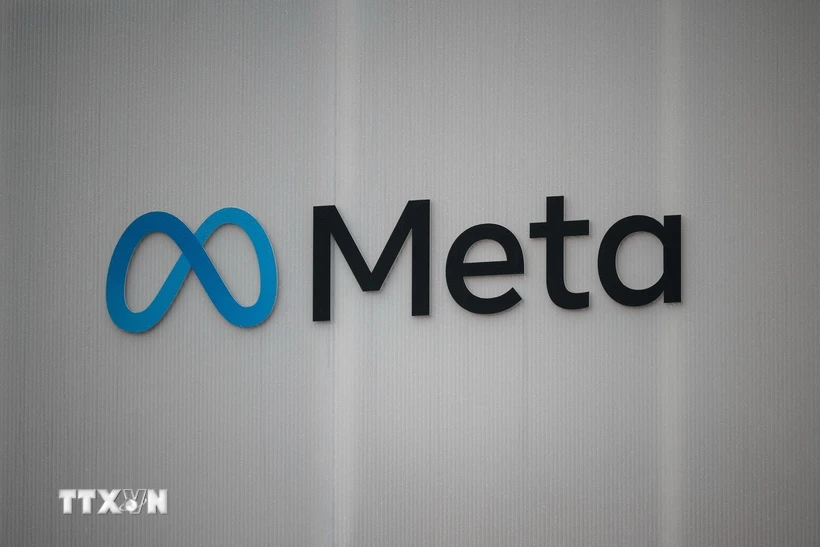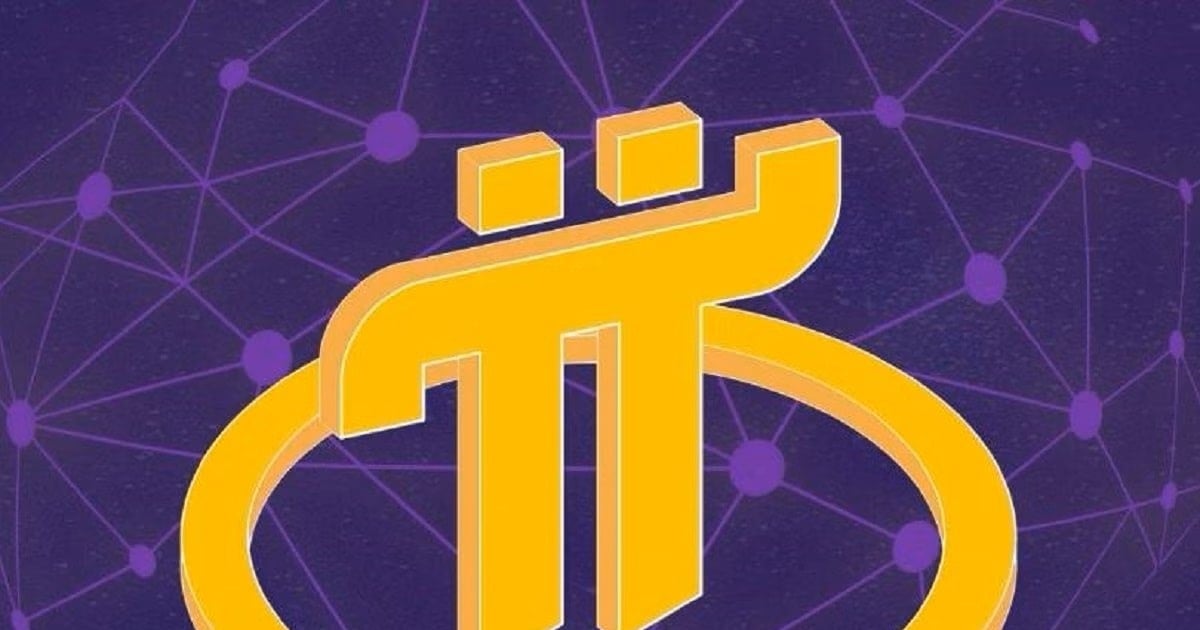Meta said it will require parental consent for minors to set up accounts to use apps and view virtual reality content. Meta's Quest headset allows users to enter the metaverse, an online world, and play virtual reality games and perform other tasks.

Meta's virtual reality glasses. Photo: AFP
Over the past year, Meta has been gradually lowering the age restrictions on its VR apps to reach a younger audience. In April, the company said it would allow people under 18 to use Horizon Worlds, its VR-based social network. Horizon Worlds will remain restricted to users under 13.
Virtual reality is a relatively new field, and the risks are still largely unknown. Researchers say harassment, assault, bullying, and hate speech are rampant in virtual reality games, which are part of the metaverse and have few mechanisms for easily reporting misconduct.
The U.S. Federal Trade Commission has recently stepped up its crackdown on tech companies that violate children's privacy laws. The Children's Online Privacy Protection Act requires websites and apps aimed at children under 13 to get parental consent before collecting personal information like email addresses or precise locations.
Last year, Meta spent nearly $14 billion to expand its Virtual Reality Labs, a division that builds hardware and develops metadata. Metaverse is now the company’s main growth driver, which is why it changed its parent company name from Facebook to Meta.
Lowering the minimum age requirements for the company’s Quest glasses could help younger users get used to the metadata, similar to how Facebook first introduced it to college campuses in 2004, so they’re more likely to continue using the technology as they get older.
Meta may be looking to blend the metaverse into the lives of young people, much like Roblox, Minecraft, and Fortnite are doing.
Hoang Ton (according to NYT)
Source


![[Photo] Prime Minister Pham Minh Chinh chairs the Government's special meeting on law-making in April](https://vstatic.vietnam.vn/vietnam/resource/IMAGE/2025/4/13/8b2071d47adc4c22ac3a9534d12ddc17)

![[Photo] National Assembly Chairman Tran Thanh Man attends the ceremony to celebrate the 1015th anniversary of King Ly Thai To's coronation](https://vstatic.vietnam.vn/vietnam/resource/IMAGE/2025/4/13/6d642c7b8ab34ccc8c769a9ebc02346b)
![[Photo] National Assembly Chairman Tran Thanh Man attends the Policy Forum on Science, Technology, Innovation and Digital Transformation](https://vstatic.vietnam.vn/vietnam/resource/IMAGE/2025/4/13/c0aec4d2b3ee45adb4c2a769796be1fd)




























































































Comment (0)